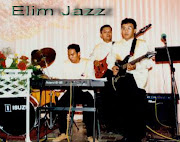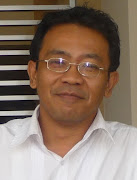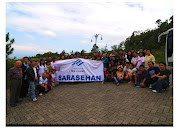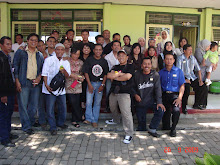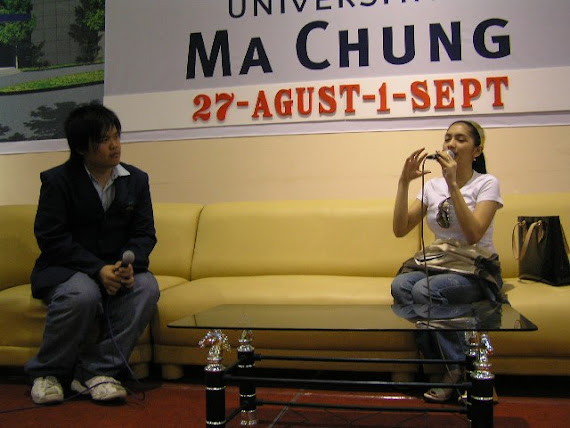
THE ROAD NOT TAKEN by Robert Frost
Two roads diverged in a yellow wood,
And sorry I could not travel both
And be one traveler, long I stood
And looked down one as far as I could
To where it bent in the undergrowth;
Then took the other, as just as fair,
And having perhaps the better claim,
Because it was grassy and wanted wear;
Though as for that the passing there
Had worn them really about the same,
And both that morning equally lay
In leaves no step had trodden black.
Oh, I kept the first for another day!
Yet knowing how way leads on to way,
I doubted if I should ever come back.
I shall be telling this with a sigh
Somewhere ages and ages hence:
Two roads diverged in a wood, and I-
I took the one less traveled by,
And that has made all the difference.
Gee….I love this poem.Sejak manusia ini di"lemparkan" ke dunia ini, manusia mempunyai beban dan tanggung jawab yaitu untuk selalu memilih dan terus tidak pernah berhenti untuk memilih sampai akhir hayatnya. Manusia eksistensial adalah manusia yang sadar akan tuntutan hidup ini.
Ada perkawinan ide menarik yang terdapat di puisi Frost the Road Not Taken dengan pemikiran filsafat eksistensialisme. Yaitu sikap manusia untuk memilih.
Heiddeger, filsuf eksistensilis, menggambarkan hidup manusia sebagai keterlemparan. Manusia tidak tahu mengapa dia dilahirkan di dunia ini. Dalam misteri, manusia menjalani hidupnya yang terus memilih. Heidegger membedakan antara eksistensi asli dan semu. Eksistensi yang asli adalah kemandirian manusia untuk memilih dan yakin akan pilihannya itu dengan segala konsekuensi yang akan dihadapi di depan. Sementara eksistensi semu adalah cara hidup manusia yang menegasi jati dirinya tenggelam dalam arus.
Puisi Frost di atas merupakan refleksi bagaimana manusia menghayati eksisitensinya. Dia harus menentukan pilihannya dari dua jalan di depannya. Tatapan jauh ke depan dua jalan tersebut. Semakin jauh semakin tidak jelas karena jalan itu berkelak-kelok. Sehingga sampai akhirnya manusia memilih salah satu jalan.
Dia hanya menjalani jalan ini. Kelak-kelok, dan tikungan di jalan ini kadang membuatnya bertanya:"Apa benar saya telah mengambil jalan yang benar? Ah...sepertinya jalan satunya kok lebih enak Because it was grassy and wanted wear;Though as for that the passing there, Had worn them really about the same,
Tapi kemudian dia sadar dengan mengatakan Oh, I kept the first for another day!
Yet knowing how way leads on to way, "Sudahlah...saya yakin ini yang terbaik buat saya. Jalan yang menuntun pada suatu tujuan dan impian saya.
Lagi pula tidak mungkin lagi untuk kembali. Ya ini yang terbaik...."
Tak seorang pun tahu masa depan itu seperti apa namun pilihan harus diputuskan. Dan sekali diputuskan maka itu menjadi jejak sejarah. Dan sejarah tidak pernah bisa kembali. Kecuali di kekinian ini dan di rancangan masa depan benar-benar segala sesuatu yang dipikirkan dengan baik.
Marilah kita menjalani pilihan itu dengan syukur, harapan dan keyakinan. Jangan melihat jalan lain yang mungkin “lebih enak”.Mari kita buat sejarah kita masing-masing sampai di penghujung jalan. Menabur (bahkan kalau perlu dengan air mata) karena akhirnya kita akan pulang dengan sorak sorai.
This article is dedicated to all of you






